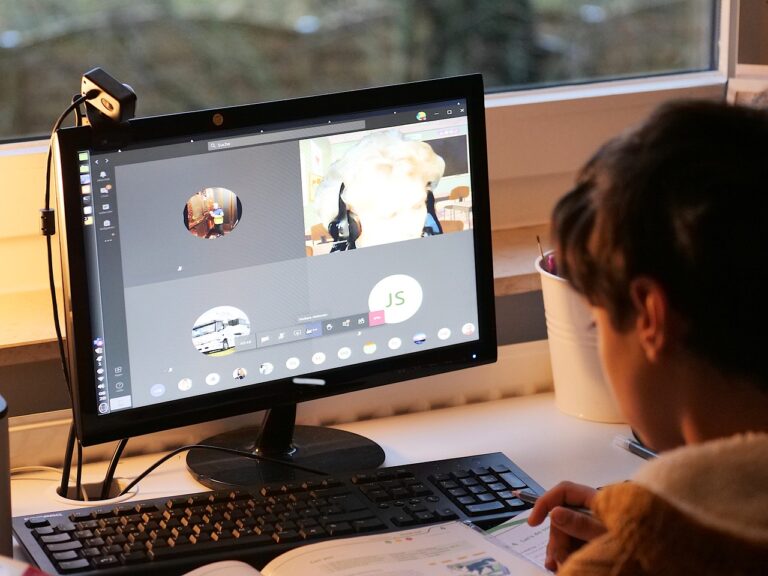Building Online Communities: Fostering Collaboration in Digital Classrooms
Creating a positive online environment is essential for fostering learning and collaboration in virtual settings. One key strategy is to establish clear guidelines for respectful communication and interaction. Encouraging participants to engage in constructive dialogue and to express their opinions thoughtfully can help maintain a positive atmosphere conducive to learning and growth.
Another effective strategy is to provide opportunities for students to connect with each other and with the instructor regularly. By incorporating interactive elements such as discussion boards, group projects, and live virtual sessions, participants can feel more engaged and invested in the online learning experience. Building a sense of community and belonging can go a long way in promoting a positive online environment where students feel supported and motivated to participate actively.
Establishing Clear Expectations for Participation
When establishing clear expectations for participation in an online environment, it is crucial to outline guidelines that are easily understood by all participants. Setting precise parameters on how often individuals are expected to engage, the type of language and behavior that is appropriate, and the consequences for not adhering to these expectations can help foster a positive online community. Clearly communicating these guidelines at the outset can prevent misunderstandings and promote a culture of respect and accountability among participants.
Additionally, creating a code of conduct that addresses issues such as plagiarism, bullying, or any form of discrimination can further reinforce the expectations for participation. By articulating what behavior is unacceptable and the repercussions for violating these standards, individuals are more likely to engage in a respectful and constructive manner. Providing examples of desirable behavior can also assist participants in understanding the expectations and encourage them to contribute positively to the online community.
Encouraging Regular Communication and Interaction
To foster a vibrant online community, it is essential to prioritize regular communication and interaction among participants. By actively engaging with one another through discussions, sharing insights, and providing feedback, individuals can feel a sense of connection and belonging in the virtual space. This continuous exchange of ideas not only promotes collaboration but also strengthens relationships, ultimately enriching the overall experience for everyone involved.
Creating opportunities for regular communication can be achieved through various means, such as establishing designated channels for open dialogue, scheduling virtual meetings or group sessions, and encouraging the use of interactive platforms for exchange. By setting a precedent for consistent engagement, participants are more likely to feel motivated to contribute actively and stay connected with their peers. Additionally, implementing feedback mechanisms and acknowledging valuable input can further incentivize individuals to partake in meaningful conversations, thereby cultivating a dynamic and inclusive online environment.
How can I create a positive online environment for communication and interaction?
Key strategies for creating a positive online environment include setting clear guidelines for communication, promoting respectful interactions, and fostering a sense of community among participants.
Why is it important to establish clear expectations for participation in online communication?
Establishing clear expectations helps ensure that all participants understand their roles and responsibilities, which can help facilitate more productive and meaningful interactions.
What are some ways to encourage regular communication and interaction among participants?
Some ways to encourage regular communication and interaction include setting regular check-in times, creating opportunities for group discussions, and providing incentives for active participation.




